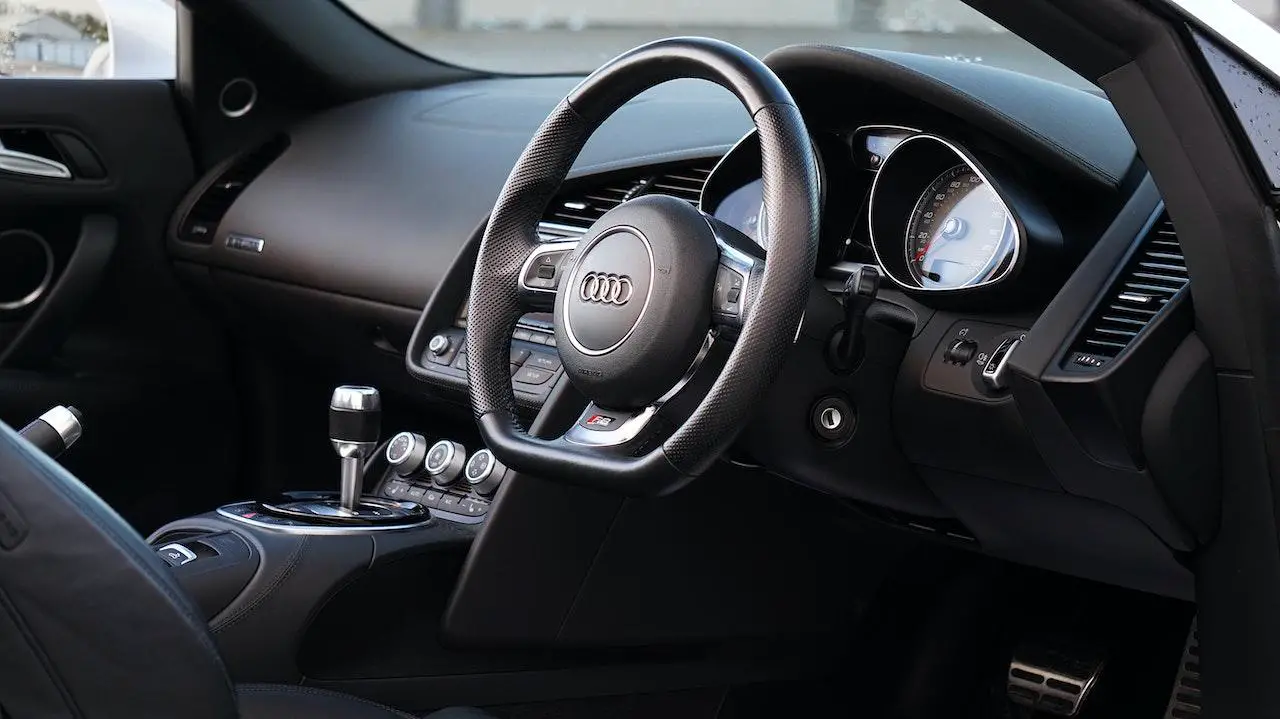Have you ever experienced an unpleasant whining noise when slowing down your car? If so, understanding the root cause of this issue could help prevent and fix it. Knowing the exact source can save time and money – but what are the potential culprits for a whirring sound on deceleration?
Poor car maintenance is often the culprit for a noisy vehicle. Other common reasons include water pump failure, reduced power production, and excessively harsh brakes due to insufficient lubrication or excessive heat within your engine. These are just some of the many possible causes behind any strange sounds coming from beneath the hood.
10 Reasons Car Makes Whining Noises When Decelerating
If you experience a whining noise while slowing down, it is likely that there’s an issue with your drive shaft or rear bearings in need of repair. To make sure the problem gets addressed correctly, we have identified numerous potential causes and outlined how to fix them efficiently.
Reason 1: Poor Maintenance
Make sure to provide your vehicle with the utmost care it deserves. With timely maintenance and full service, you can avoid potential issues such as noisy deceleration which may arise due to a lack of regular check-ups or repair work. Keep up regularly scheduled inspections for an optimally performing car!
Reason 2: Faulty Bearings
Faulty front and rear bearings, drive shaft issues, or worn-out wheel bearings could all be to blame for strange noises coming from the car’s rear. Challenging steering is a potential sign of defective gear bearing located in the back while vibrating can indicate faulty wheel bearings at the front end.
Reason 3: Bad Water Pump
Ignoring an aging water pump can put a serious dent in your ride – think overheating problems, check engine lights, and the telltale whining noise. Stay ahead of the curve by replacing that worn-out old model with a shiny new one for maximum performance!
Reason 4: Faulty Transmission Gear
Don’t wait until it’s too late – be on the lookout for signs that your car’s transmission gear is faulty such as strange noises, fierce smells, or a check engine light. If any of these present themselves, act quickly by consulting with an expert mechanic to keep you and your car safe from further damage!
Reason 5: Faulty Tire
When you experience a constant whining noise while decelerating, take the time to carefully inspect your wheels and tires. Ensure that there are no excessive pressure or alignment issues present; otherwise, it may be wise to replace the tire entirely before any further damage occurs. If not confident in your own skillset, don’t hesitate to visit a garage for expert help.
Reason 6: Overheated Transmission Fluid
Regularly changing your transmission fluid can help you avoid a range of issues, from an uncomfortable ride to inconsistent shifting. It’s also the most common cause for humming and whining noises when slowing down, as well as burning oil odors and higher than-usual engine temperatures preventing natural performance.
Reason 7: Damaged Fuel Pump
A failing fuel pump can lead to engine struggles, resulting in a continuous whine that is sure to be anything but pleasant. Fortunately, this issue can easily be remedied with the installation of a new part. Replacing your worn-out fuel pump should provide relief from these irritating noises and help keep your vehicle running smoothly for years ahead!
Reason 8: Not Sufficient Power
Don’t ignore the warning signs – a faulty alternator could lead to dangerous power failure. You may hear an alarming whining noise when decelerating, and your engine might take longer than usual to start up. Swap out the worn-out part with a new one for optimal performance!
Reason 9: Improper Lubricating
If you neglect lubricating correctly, it can cause your engine to overheat and produce loud whining noises. This is because the pistons are unable to move smoothly due to friction caused by a lack of fluid. Additionally, dirt particles in the system may further exacerbate this issue- so make sure you change old fluids regularly for optimum performance!
Reason 10: Rough Or Stiffer Brake Pedals
A stiff brake pedal is an indication that your vehicle may be in need of urgent attention. You may also recognize a whining noise, as well as reduced vacuum pressure and potential issues with the brake booster. If any of these signs are present, it’s recommended to fix them without delay for optimal road safety performance.
Final Touch
Driving your car should be an enjoyable experience, but all too often owners encounter troubles. You may even find yourself perplexed when the vehicle begins to issue a whining noise while decelerating or idling – luckily there are several possible reasons for this phenomenon and we have outlined them here in detail so you can restore seamless cruising as soon as possible!
More resources:

